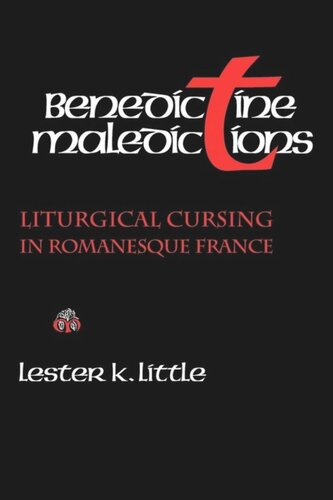

Most ebook files are in PDF format, so you can easily read them using various software such as Foxit Reader or directly on the Google Chrome browser.
Some ebook files are released by publishers in other formats such as .awz, .mobi, .epub, .fb2, etc. You may need to install specific software to read these formats on mobile/PC, such as Calibre.
Please read the tutorial at this link: https://ebookbell.com/faq
We offer FREE conversion to the popular formats you request; however, this may take some time. Therefore, right after payment, please email us, and we will try to provide the service as quickly as possible.
For some exceptional file formats or broken links (if any), please refrain from opening any disputes. Instead, email us first, and we will try to assist within a maximum of 6 hours.
EbookBell Team

4.1
10 reviews"'May they be cursed in town and cursed in the fields. May their barns be cursed and may their bones be cursed. May the fruit of their loins be cursed as well as the fruit of their lands.' French monks of the Middle Ages hurled curses like these at their enemies, seeking supernatural assistance when no secular judge could help them. In a long-awaited book written with elegance and erudition, Lester Little undertakes the first full-length study of these maledictions.... The book's focus is the way that religious communities—especially the monks who followed Benedict's Rule and hence were known by his name—used liturgical cursing to safeguard their integrity and their possessions, against both laymen and other ecclesiastics." —Journal of Social History